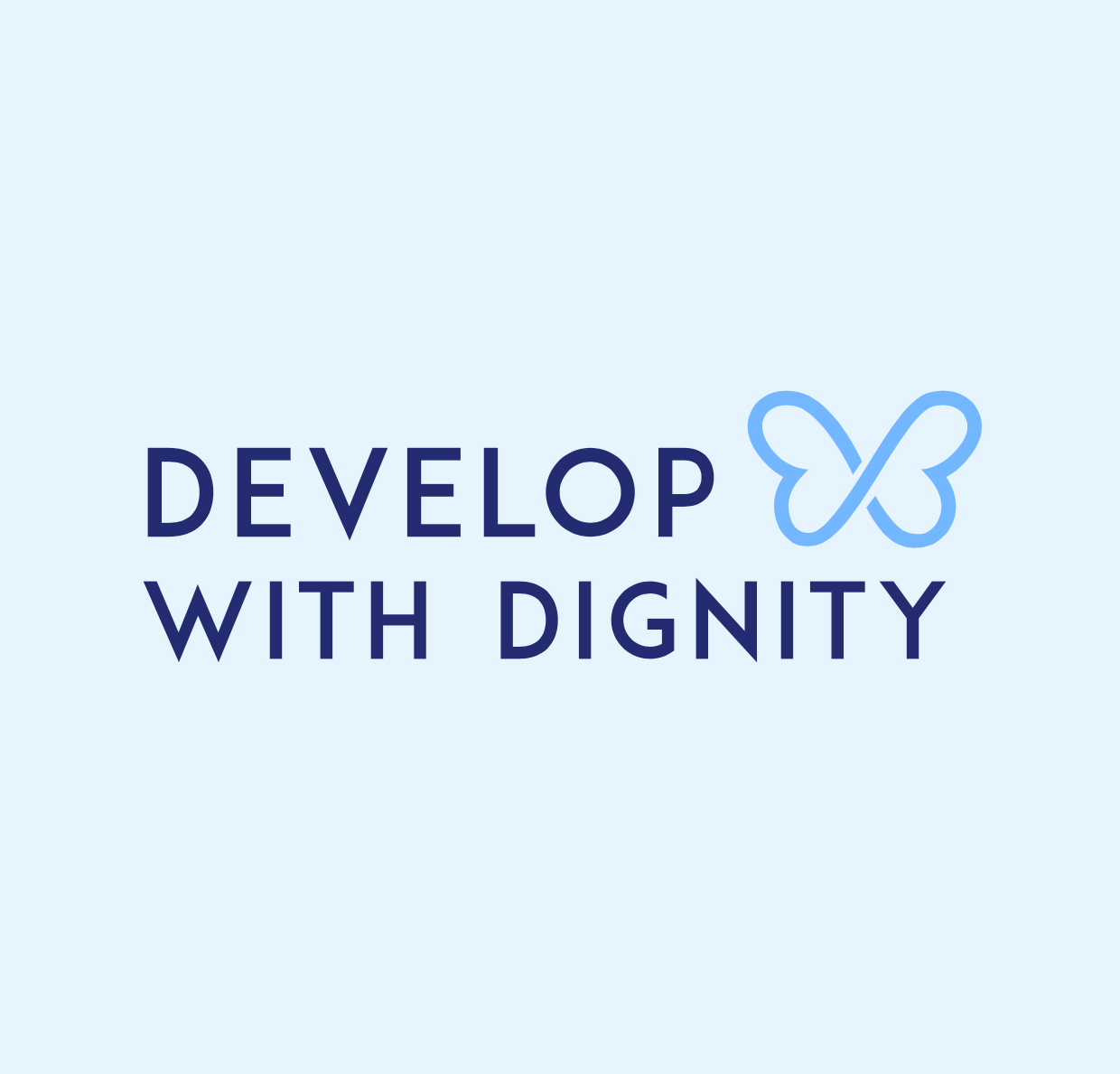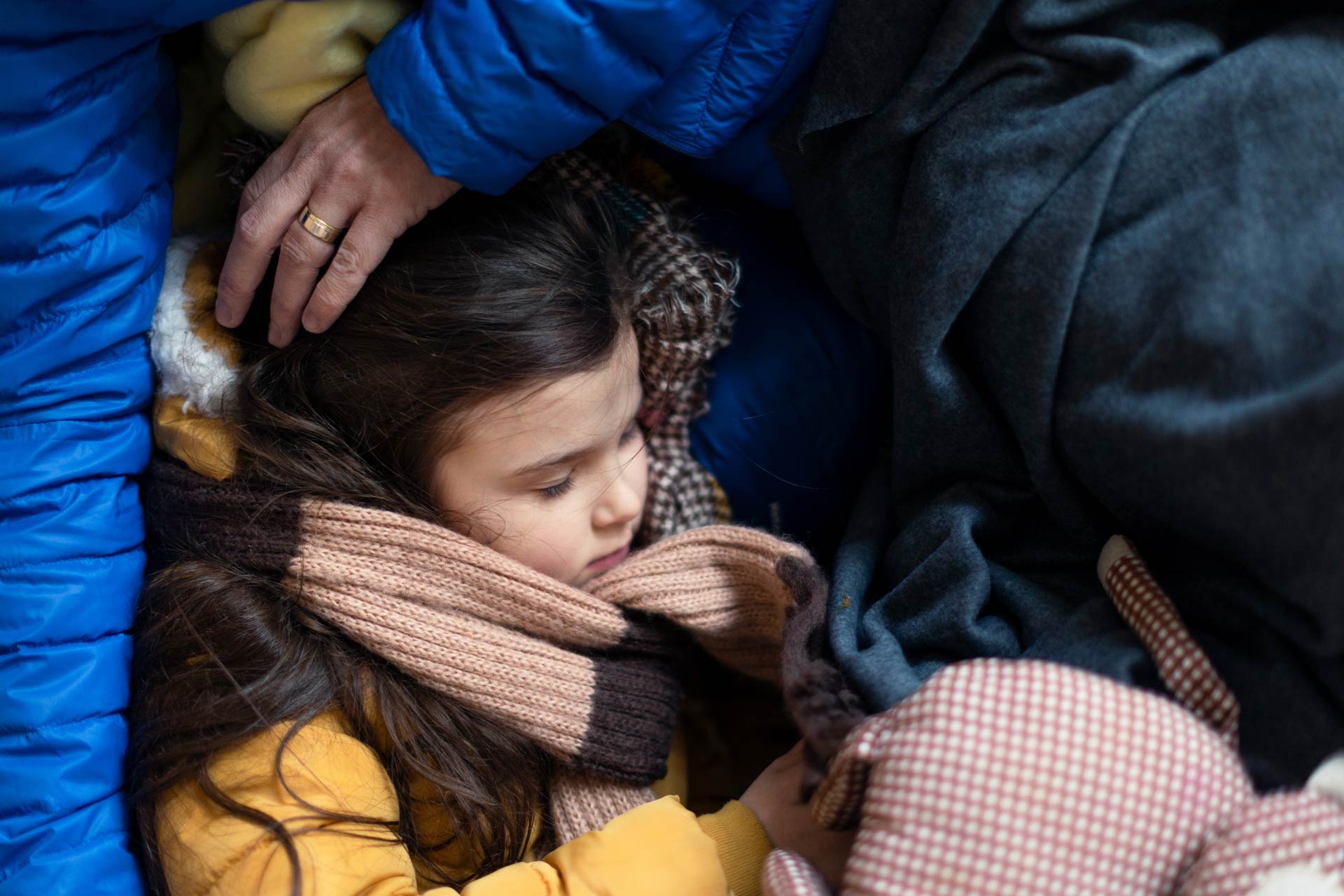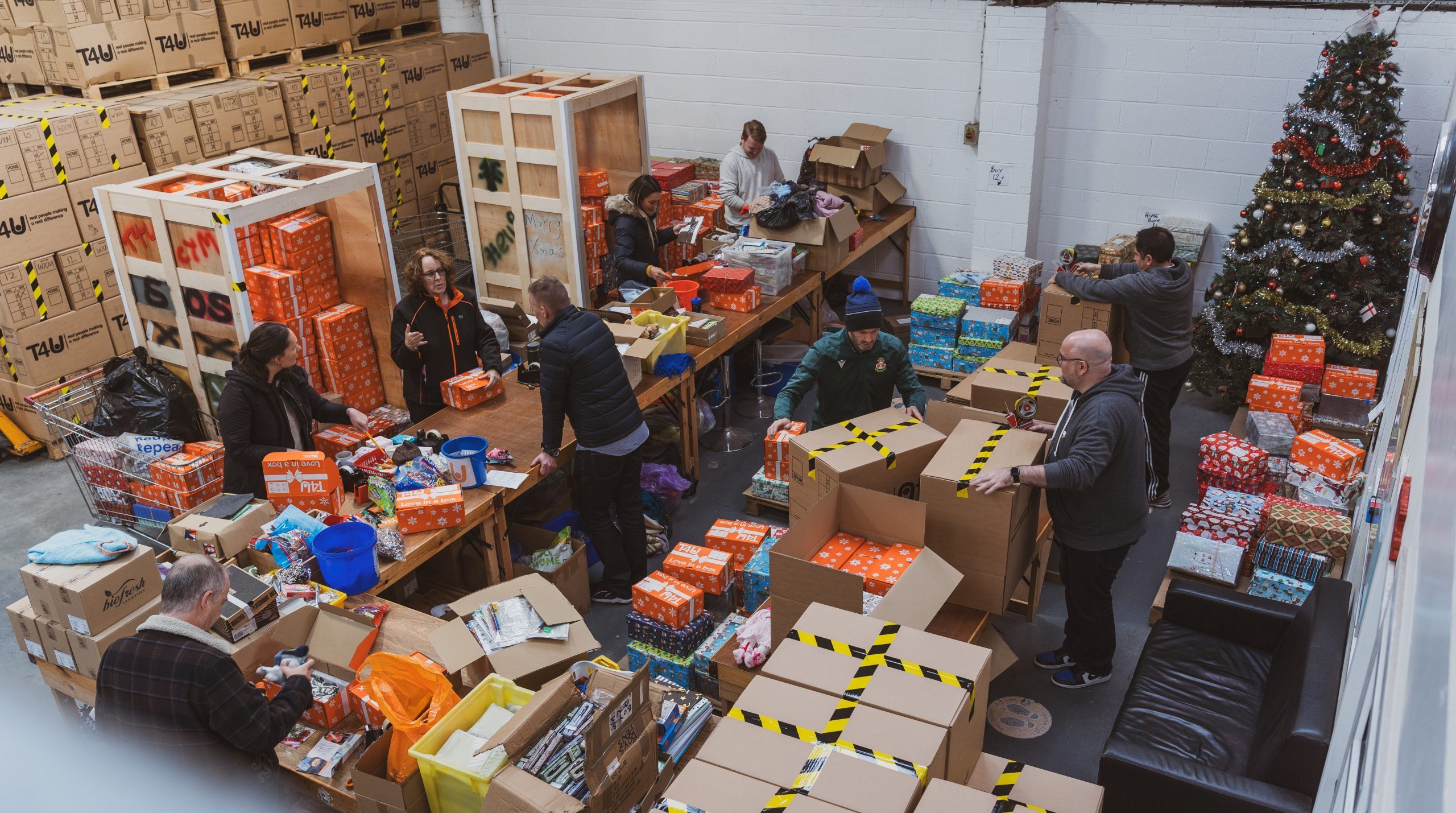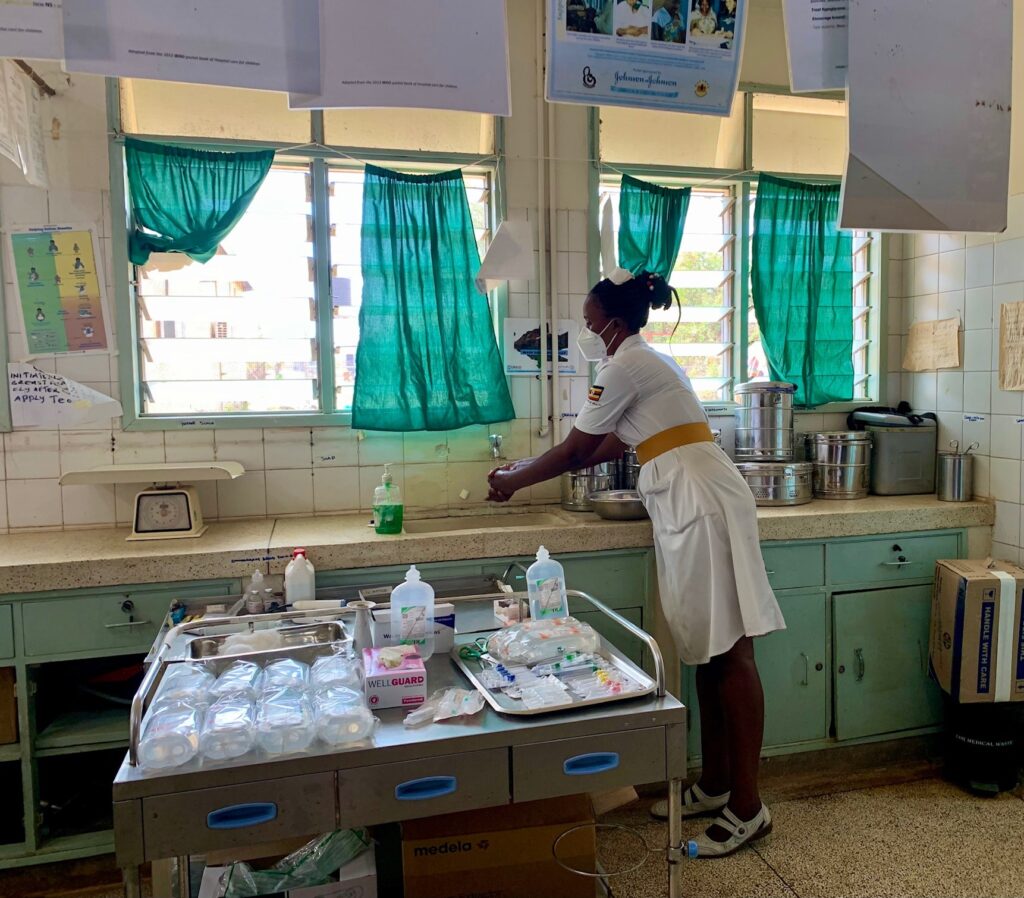We are continuing to install running water into critical health facilities across the Teso Region of Eastern Uganda. This next stage of investment will work with eight ‘community hospitals’ who offer free healthcare, at point of need, to approximately 2.5million people.
These facilities offer either free, or not-for-profit, healthcare 24/7 within their communities, and also perform screening tests (inc. HIV, TB, COVID etc.), minor treatment and referrals. They have operated throughout the extensive COVID-lockdowns, despite staff shortages and insufficient sanitation.

Atutur General Hospital
Do you remember Atutur Hospital? An earlier project allowed us to plumb running water into all the in-patient wards throughout the hospital, as well as into the delivery ward and operating theatre.
As the only government-funded hospital in the Kumi District of Uganda, this hospital provides free healthcare to a population of approximately 1million.
This project will extend on previous work, improving water flow across the site and how patient families can access water as care providers (for cooking, washing clothes etc.).

Community Health
These health centres are effectively ‘community hospitals’, covering all aspects of community health care including HIV testing & treatment, TB treatment, Immunisation, Family Planning, General care, Antenatal & Postnatal care, and maternity.
Funding will invest in supplying piped water directly into wards, pathology labs and minor operating theatres, alongside reservoir tanks to ensure a continuous provision of water. Where absent, toilets, showers and handwashing facilities will be constructed for staff and patients.
Critical to Health
Earlier this year, our program staff accompanied our partners on site visits of two health facilities intended to benefit from this funding, highlighting how necessary water is in providing healthcare:
In Kumi HC IV, Kumi, Eastern Uganda
In Kachumbala HC III, Bukedea, Eastern Uganda
Wales and Africa Emergency COVID Response
With support from our donors, funding for these projects was secured through the Welsh Government’s Wales and Africa Grant Scheme. We were also delighted to have been awarded with funding to continue investing in period-friendly primary schools, improving their sanitation and menstrual health provision.






